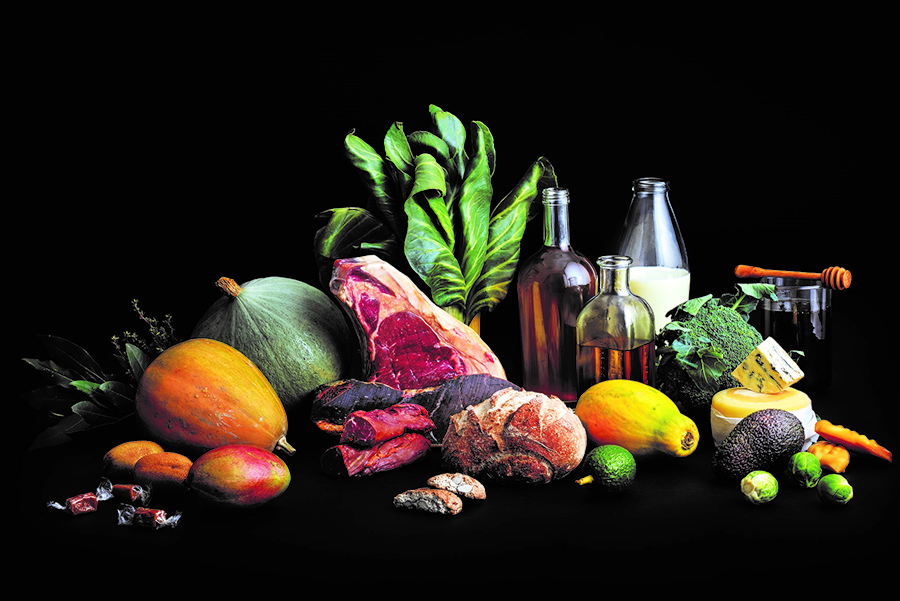
More Than Food Campaign
In order to create a more sustainable food system in the GCC region, the COVID-19 crisis has stressed the need for open trade, international safety standards and greater industry collaboration.
According to research firm Euromonitor International (EMI), the GCC countries have fared well in terms of adequate food supply, facilitated in part by national food security measures put in place well before the crisis. However, the pandemic has accelerated the implementation of these measures to secure supply chains and saw immediate action centred around four main response nodes of business continuity, labour planning, logistics and communication.
“Post the initial response, governments, alongside key modern retail in the region, are working on securing strategic stock levels for a period of one year and ensuring logistical challenges are mitigated by implementing measures such as reduction of custom fees and digital solutions to updating documents such as bills of lading,” observed Monique Naval, senior analyst, EMI. “Food supply chains are likely to be fundamentally altered in the future as localism gains prominence. But this needs to be balanced against growing consumer preference for healthy, nutritious and high-quality food imports.”
Also read: Smart Acres aims to improve food security in the UAE
For instance, European Union farm exports to the GCC during the height of COVID-19 have sufficiently met the needs of the region, growing 25% in the first quarter compared to Q1 2019.
Such reliability is critical for retailers like Carrefour, operated by Majid Al Futtaim in the region. In addition, according to Miguel Angel Povedano, chief commercial officer, Majid Al Futtaim Retail, provenance and traceability will become even more vital to consumers’ purchasing decisions in the future.
“Carrefour is a bridge connecting the European Union to 16 markets in this region and can play a bigger role in the future too. As a company, we maintain a long-term vision and seek to develop lasting partnerships with all our suppliers. With that in mind, new opportunities exist for EU companies to establish relationships with buyers in the GCC, and buyers will continue to have a strong need for reliable, high-quality produce coming from the EU,” Povedano stated.
Agreeing with Povedano, Taina Sateri, trade counsellor at the delegation of the European Union to the UAE said, “With regards to products coming from the EU, it is imperative that we ensure steady supply and focus on the core strengths of food products that represent value, especially around quality. Our data indicates that people want to know about the origins of their food, how it is produced and the journey it took to reach them. For this reason, we believe better technology like Blockchain and Artificial Intelligence will be crucial factors in improving the visibility and traceability of goods coming from the EU in the future.”
One of the biggest challenges facing the GCC countries, however, is to create a balance between the import and local production of fresh produce to adequately and sustainably meet the needs and the shifting demands of consumers.
For all the latest retail news from the Middle East, follow us on Twitter and LinkedIn, like us on Facebook and subscribe to our YouTube page.